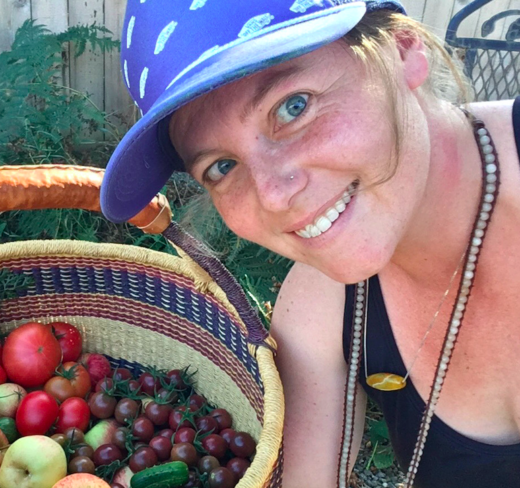It’s hard to predict what the world will look like in 50 years with climate change. And that complicates Katie Koscielak’s thoughts about a major life decision.
I do struggle with this decision about whether or not to have children in the face of climate change. I am 31. So I’m right at that age where I’m thinking about having children.
I think part of the question is, if I were to have kids and in 20 or 30 years, they were to look at me and say, “You knew this was gonna be a mess, and you still decided to bring me into this mess?”
In my mind, I think about very extreme realities. Climate refugees potentially not having access to water in California. Extreme desertification. Our ability to grow food in the Central Valley. These are real and harsh realities. I think it’s a pretty big responsibility to think I’d invite a small human being into that complex reality.
But at the same time, I also try to think about how, for example, during World War II, the world was crazy. A mother who had a baby during Nazi occupation. What are they thinking the world is going to be like?

